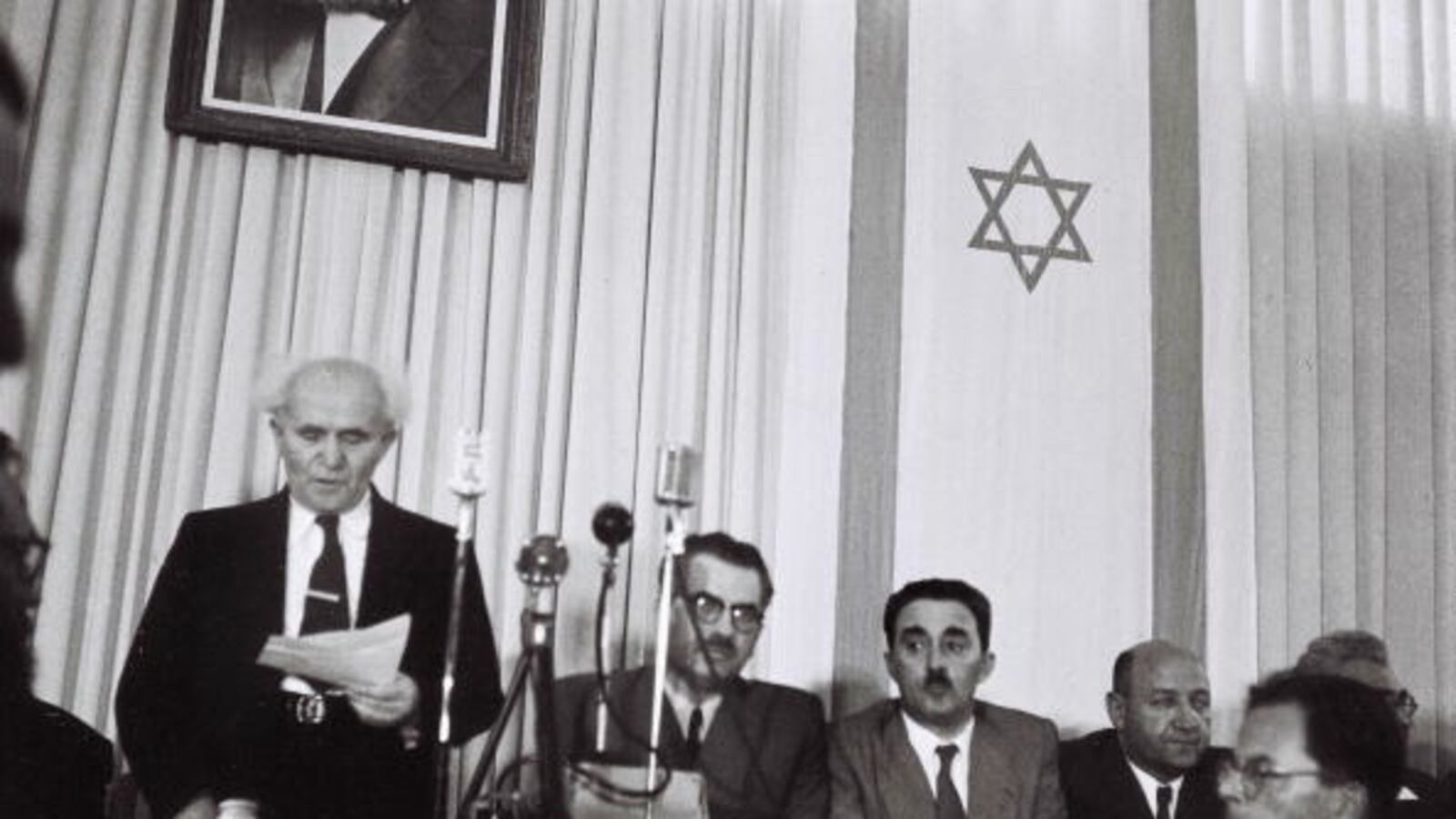As far back as 1969, the late Meir Kahane vowed that his Jewish Defense League would never tolerate racism within its ranks. The promise went largely unfulfilled, Kahane degenerated into visceral anti-Arab racial hatred, and in turn appropriately was ostracized and marginalized by mainstream Jewish Leadership.
More recently, I was quoted by Ali Gharib in an “Open Zion” blog to the effect that anti-Zionism all too often is virtually indistinguishable from anti-semitism. What occasioned Gharib’s posting was the attempt by a group of Palestinian advocates and intellectuals to purge their ranks of anti-Semites. Responding to an anti-Semitic video posted online by the Free Gaza Movement, a group of 100 Palestinian activists declared their struggle to be opposed to “all forms of racism, including… anti-Semitism, Zionism, and other forms of bigotry.” Some observers speculated that the statement might be welcomed by Jewish leaders, who usually applaud all expressions of opposition to anti-Semitism. This one, however, met with a decidedly more negative response, ironically paralleling the reaction of Jewish leaders to Kahane’s efforts to purge racists from the ranks of the Jewish Defense League.

For one thing, the statement of the Palestinian activists was hardly novel. The infamous “Zionism is racism” resolution, passed by the United Nations in 1975, also expressed opposition to anti-Semitism. Similarly, the Former Soviet Union, during its heyday of vigorous anti-Zionism, insisted that it opposed only Israel and not the Jews as a people. Pro-Israel advocates, then and now, dismissed the opposition to anti-Semitism as a convenient vehicle to legitimate extremist rhetoric by saying, “We are not anti-Jewish, we are only anti-Zionist”—a rather hollow statement given the long record of anti-Semitism in the United Nations, Soviet Jewish history, and Arab expulsions of and pogroms against Jews into the second half of the twentieth century.
But aside from history, the statement is problematic because it equates Zionism with racism and apartheid, terms which appropriately lack legitimacy in contemporary political culture. A state rooted in these concepts properly has no moral standing. In this sense, although the statement was driven by “recent controversies” attempting to distance the Palestinian cause from those who embraced obvious anti-Semitism, it remained part and parcel of an ongoing campaign to delegitimate Israel by claiming that the very idea of a Jewish state itself is odious and racist at its core.
But does such delegitimation constitute anti-Semitism? I believe it does and for two reasons: First, there is no shortage of nation-states in the contemporary world based upon ethnicity and religion. Ireland, France, Italy, Greece, among others all were established upon common ethnic and religious factors. Far more so, Arab-Islamic states rest upon principles of ethnicity and faith. Yet Israel alone is singled out as an illegitimate entity. This double standard alone qualifies the delegitimation movement as anti-Semitic. Second, however—and perhaps more significantly—as the late historian of Zionism Arthur Hertzberg once argued, Zionism as an ideology represents the collective will of the Jewish people to realize its national aspirations and to deny Zionism was to deny the right of the Jews to be themselves.
This argument by no means connotes that Israeli policies are beyond criticism. Yet there is a world of difference between opposition to one or another of Israel’s public policies and denying Israel the moral right to exist as a nation-state. To be sure, pro-Israel advocates should refrain from trivializing criticism of Israel’s policies as anti-Semitic, as most indeed do. These critiques need to be addressed on the merits of the case and not on the biases—real or imagined—of the critics. But these same critics, who generally claim to crave peace in the region, ought to acknowledge that so long as the conflict between Israel and the Palestinians revolves around political questions about borders, refugees, settlements, etc., the conflict does remain soluble. However, when the conflict becomes an existential one over Israel’s legitimacy as a nation-state, no meaningful peace is possible. Nor, frankly, would any other nation-state consent to its own dismantling. And these critics fully accept the notion of an Arab state of Palestine with Islam as the state religion.
Last, the statement and its defenders ask whether in the mind of Israel’s friends any form of anti-Zionism may be free of anti-Semitism. Historically, there has been no shortage of respectable thinkers—both Jewish and non-Jewish—who were anti-Zionist either because they perceived Jewish identity as exclusively religious or because they perceived the Diaspora as the core ingredient of the future of the Jews as a people. Both views have been discredited by history. A respectable anti-Zionism theoretically may well exist. But in the context of the twenty-first century, with Israel increasingly the hub of Jewish life and facing daily assaults upon her very existence, those who embrace anti-Zionism need to acknowledge that they allow no room for Jewish self-determination and reject the right of the Jews to sustain their distinct and meaningful sense of peoplehood.





